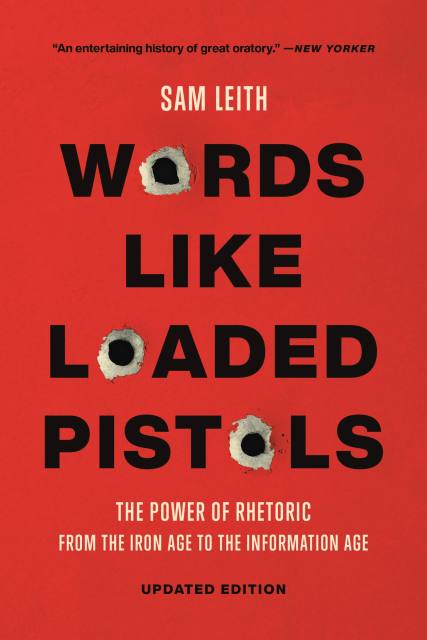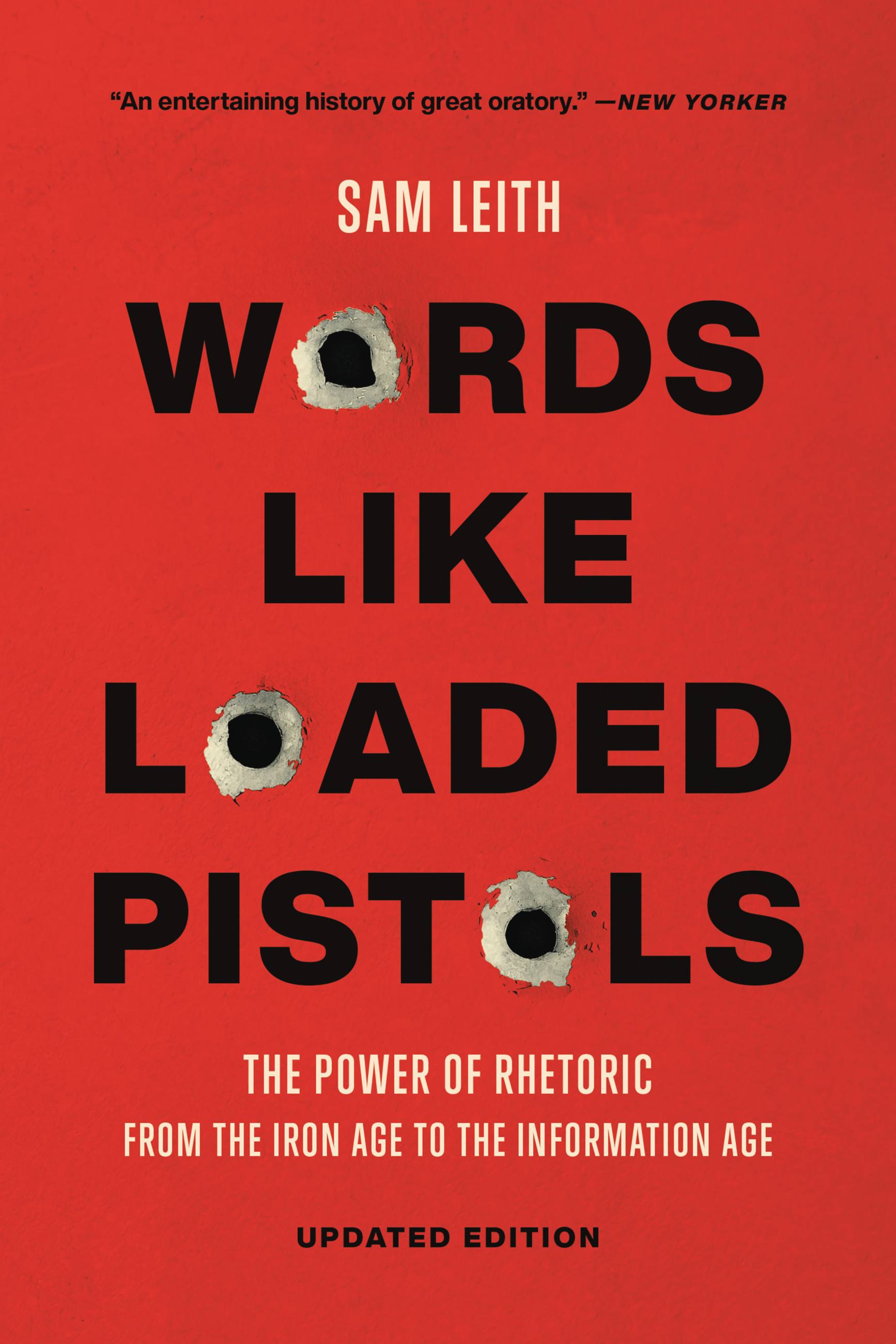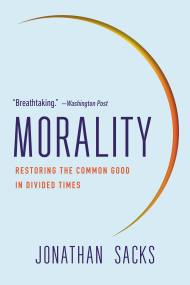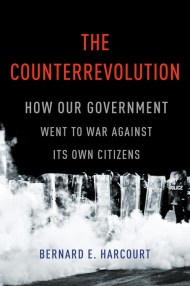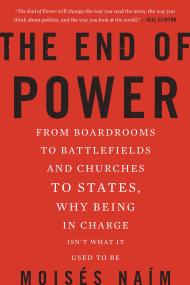By clicking “Accept,” you agree to the use of cookies and similar technologies on your device as set forth in our Cookie Policy and our Privacy Policy. Please note that certain cookies are essential for this website to function properly and do not require user consent to be deployed.
Words Like Loaded Pistols
Rhetoric from Aristotle to Obama
Contributors
By Sam Leith
Formats and Prices
- On Sale
- Apr 26, 2016
- Page Count
- 336 pages
- Publisher
- Basic Books
- ISBN-13
- 9780465096688
Price
$12.99Price
$16.99 CADFormat
Format:
- ebook $12.99 $16.99 CAD
- Audiobook Download (Unabridged) $27.99
- Trade Paperback $19.99 $25.99 CAD
This item is a preorder. Your payment method will be charged immediately, and the product is expected to ship on or around April 26, 2016. This date is subject to change due to shipping delays beyond our control.
Buy from Other Retailers:
Rhetoric gives our words the power to inspire. But it's not just for politicians: it's all around us, whether you're buttering up a key client or persuading your children to eat their vegetables. You have been using rhetoric yourself, all your life. After all, you know what a rhetorical question is, don't you?
In Words Like Loaded Pistols, Sam Leith traces the art of argument from ancient Greece down to its many modern mutations. He introduces verbal villains from Hitler to Richard Nixon—and the three musketeers: ethos, pathos and logos. He explains how rhetoric works in speeches from Cicero to Obama, and pays tribute to the rhetorical brilliance of AC/DC's "Back In Black". Before you know it, you'll be confident in chiasmus and proud of your panegyrics— because rhetoric is useful, relevant, and absolutely nothing to be afraid of.
-
"Delightful and illuminating.... Words Like Loaded Pistols sports a fabulous assortment of examples of time-tested rhetorical gambits in action.... The marvel is not that the old techniques still work, but that we ever persuaded ourselves that we could do without them."Salon
-
"It is through a welter of colloquial examples and eccentric line readings that the book really comes alive.... While the formal study of rhetoric might have collapsed under its own weight, Leith offers a slimmed-down version that is sure to enlighten."The Financial Times (UK)
-
"Leith attempts to reclaim rhetoric with a breezy book that sprays around examples from history, politics and popular culture to outline the building blocks of public speech, flitting happily from Cicero to J-Lo, from Hitler to Homer Simpson.... Leith's often engaging examples lighten any sense of learning."The Observer (UK)
-
"A highly entertaining and erudite whisk through the subject [of rhetoric].... It's not hard to agree that a little rhetorical knowledge is a wonderful thing, and Leith's work will indeed prove instructive as well as entertaining to those called on to speak in public."The Guardian (UK)
-
"This requires more than a cursory glance to appreciate its genius properly, but Leith's great gift is the ability to plunder the everyday to illustrate the rarefied...He describes the development of rhetoric beautifully, and even after the most cursory dip into this, you begin to hear the world in a completely different, illuminated way."Telegraph (UK)
-
"Leith is good on tropes and registers and equally good at picking apart speeches - as his subtitle says, From Aristotle to Obama - to show us how they work.... [he] is good, too, on the structure of political speeches."Week (UK)
-
"Elegant, concise and frequently very funny."Spectator (UK)
-
"Engrossing.... When it comes to Obama, Leith's scrutiny is painstaking and he is especially illuminating on Obama's debts to Abraham Lincoln and Martin Luther King."Independent (UK)
-
“This isn’t your parents’ rhetoric primer. . . .Irreverent and funny, Words Like Loaded Pistols is filled with tongue-in-cheek witticisms, slang, and unexpected illustrations. . . . As political rhetoric builds toward November, Leith’s subject will be unavoidable. For the coming months, friends, Buckeyes, countrymen, ready your ears.”Plain Dealer
-
“A rambunctious handbook of rhetoric . . . funny, friendly pages.”Wilson Quarterly
-
"Leith brings to life a forgotten but eternally essential subject.... Leith uses every tool in the rhetorician's arsenal to argue for rhetoric's continuing relevance.... Readers will gain a great deal of insight into how humans use communication to get what they want...the book fulfills Cicero's three objectives of rhetoric: 'to move, educate, and delight.'"Kirkus Reviews
-
"Timed for a presidential election year, this sassy, smart book outlines and illustrates nearly every rhetorical trope and flourish related to the art of persuasion.... Leith can be fiendishly entertaining."Publishers Weekly
Newsletter Signup
By clicking ‘Sign Up,’ I acknowledge that I have read and agree to Hachette Book Group’s Privacy Policy and Terms of Use
